

Musculoskeletal health hub pilot expands to 100 sites as MSK cost to UK hits £5bn a year
The second phase of the UK’s MSK health hub pilot will see the service rolled out to an additional 85 swimming pools and leisure centres from February 2023.
The scheme – a collaboration between UK Active, Good Boost, Orthopaedic Research UK, Escape Pain and Arthritis Action – launched last year across 15 sites to support individuals suffering from musculoskeletal health problems. As well as a presence in physical locations, it also provides users with access to a tablet and app for customised guidance and at-home support.…
Read more of this article




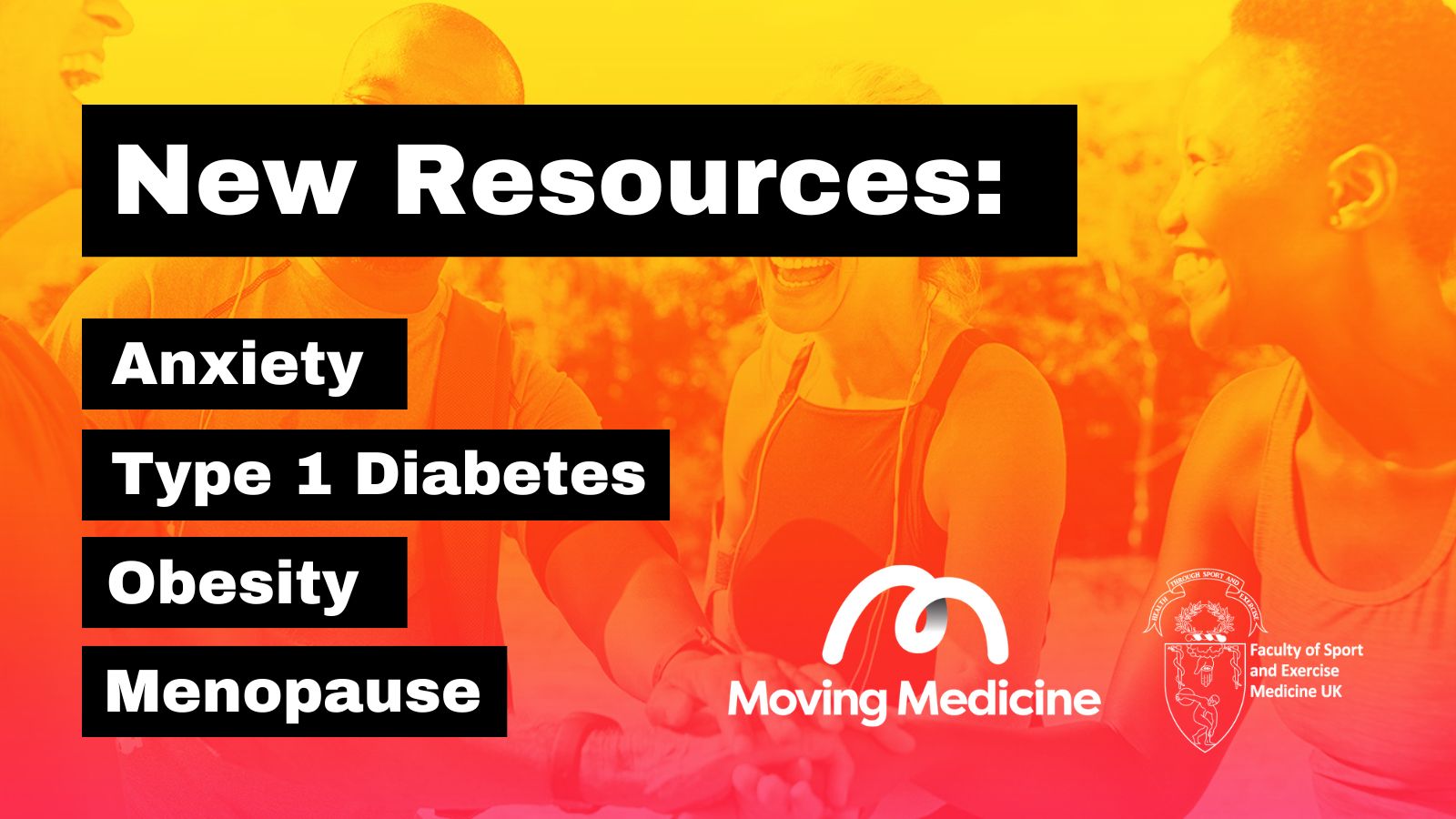 Moving Medicine Launches Physical Activity Resources on Anxiety, Type 1 Diabetes, Obesity, and Menopause
Moving Medicine Launches Physical Activity Resources on Anxiety, Type 1 Diabetes, Obesity, and Menopause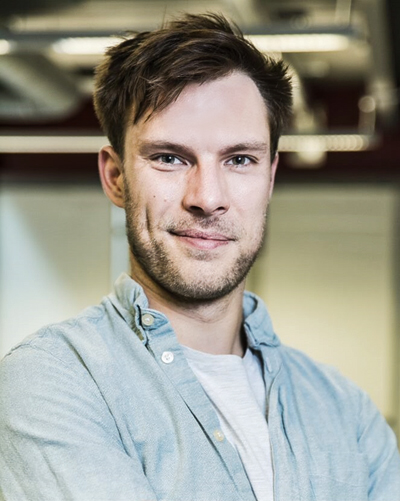 Looking differently at leisure places as spaces for chronic pain management
Looking differently at leisure places as spaces for chronic pain management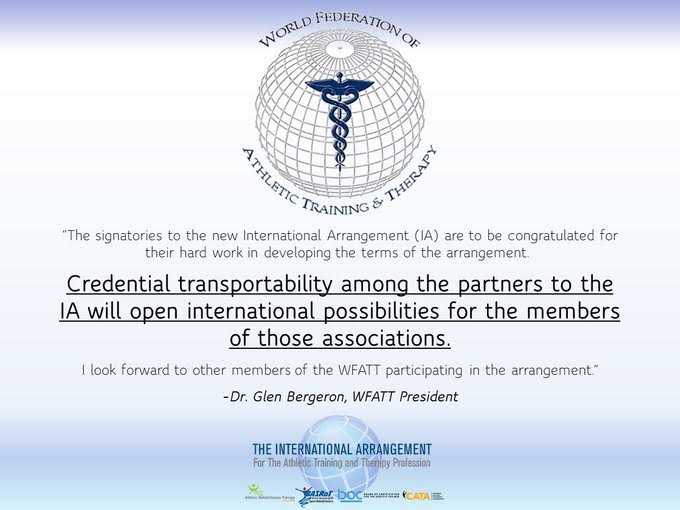
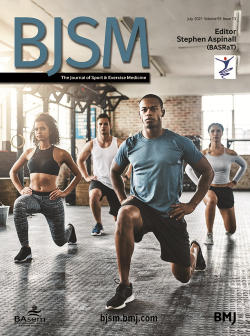
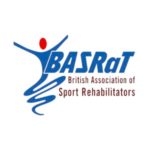
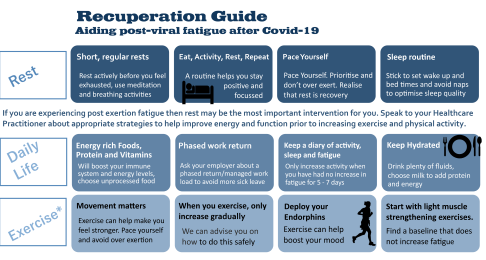
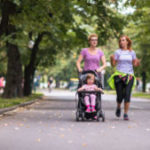
 Bookings are now open for an upcoming series of free sport and exercise medicine seminars delivered by the Faculty of Sport and Exercise Medicine and the National Centre for Sport and Exercise Medicine that will explore current issues relevant to all SEM practitioners.
Bookings are now open for an upcoming series of free sport and exercise medicine seminars delivered by the Faculty of Sport and Exercise Medicine and the National Centre for Sport and Exercise Medicine that will explore current issues relevant to all SEM practitioners.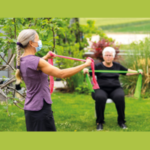


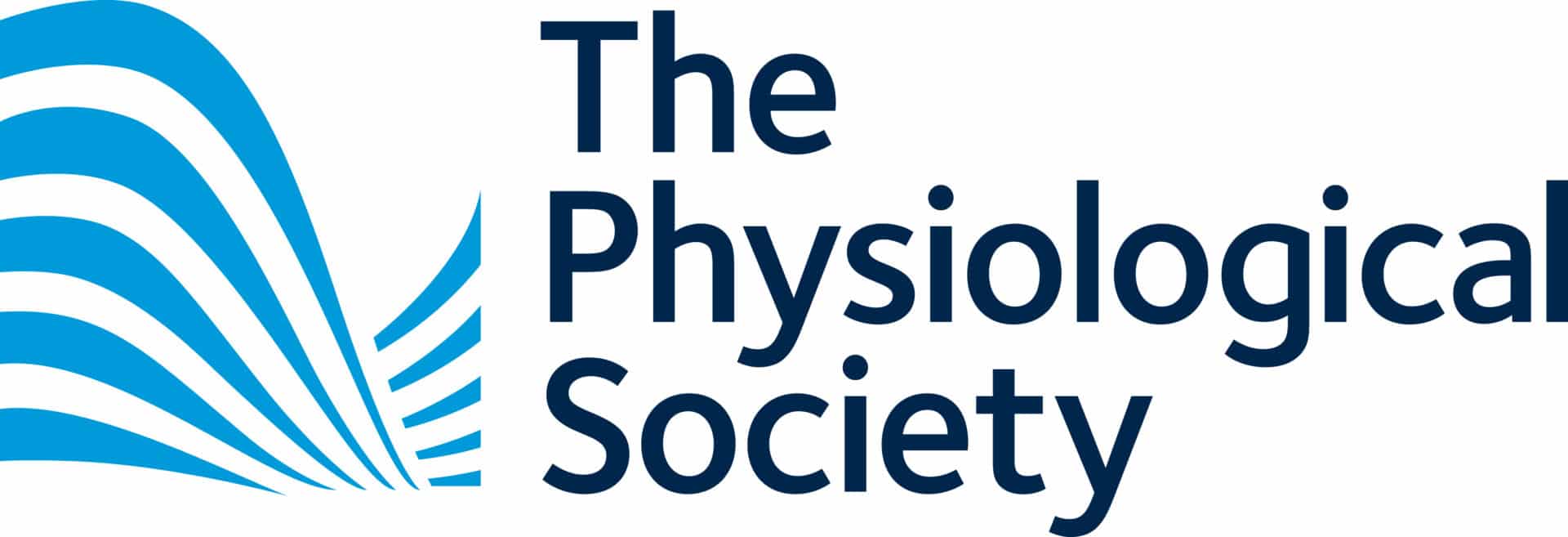 The report makes recommendations including a tailored exercise programme and broad interventions to support increased activity levels; optimising nutrition and embedding behaviour change.
The report makes recommendations including a tailored exercise programme and broad interventions to support increased activity levels; optimising nutrition and embedding behaviour change.